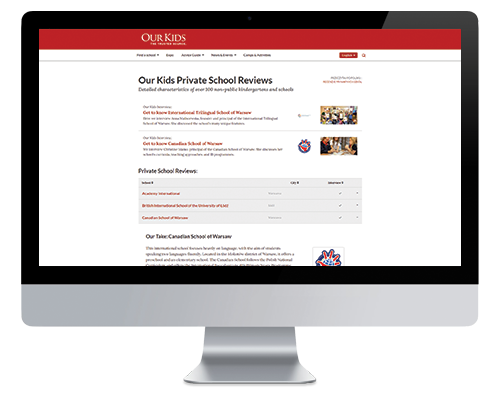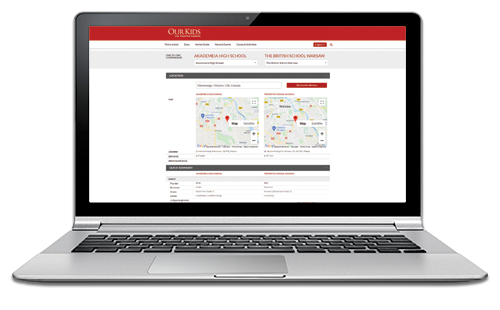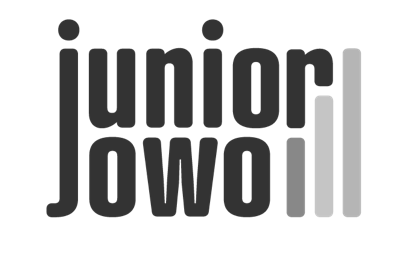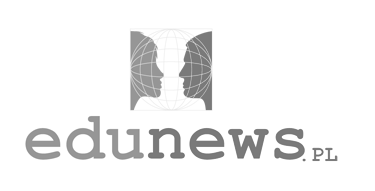Get to know your options:
Small classes, individualized teaching, focusing not on rankings and the rat race, but on emotional safety and development, project-based learning, a multidisciplinary approach, focusing on relationships, education without violence and tolerance, good resources, new technologies, openness and dialogue, close communication with parents, instilling values rather than just imparting knowledge—these are the main reasons why parents decide that it’s worth investing in their children's education and choose a private school for them.
This is why the popularity of private schools has been systematically growing, also in times of the pandemic.
At OurKids.net/pl, we are here to help you plan and implement your child’s educational journey. We offer a comprehensive and in-depth look at private schools: from individual profiles of schools, to information on the different types of schools, how to choose the right school, and how to pay for tuition. Our ever expanding bilingual library of resources with over 400 articles in Polish and English makes Our Kids the most trusted source of knowledge and information about private schools in Poland.
The Essential Parent Guide to Private Education
4
How to choose a school
Searching for the right private school isn’t easy: it takes lots of patience and
preparation. We provide you with the definitive, step-by-step guide. Read more.






















 POL
POL CAN
CAN